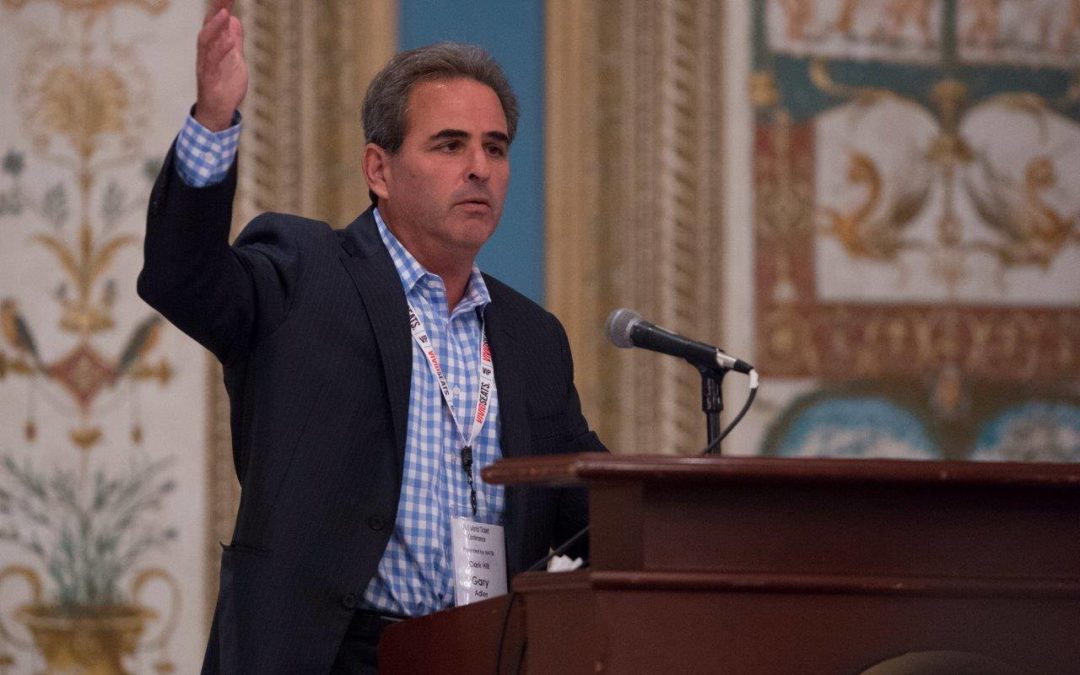Fan frustration when buying and selling event tickets is a reality I deal with on a routine basis as the Executive Director and Counsel for an association of ticket resellers, NATB. Hidden fees, restrictions on a consumer’s ability to do what they want with his or her ticket and the inability to purchase tickets at an on-sale are frequent complaints. Fortunately, legislation has been introduced in Congress that is targeted at addressing problems related to the event ticketing industry. The bill, styled “The BOSS Act”, provides the following measures addressing the sale of tickets in both the primary (issued by the event organizer) and secondary (resale) markets:
PRIMARY
- No purchaser shall be sanctioned or denied admission based on the fact the purchaser resold a ticket or purchased a resold ticket.
- The issuer (event organizer) must disclose at least seven days before tickets go on sale the total number of tickets for sale to the general public.
- The issuer must also disclose all charges at the beginning of the transaction known as “all in pricing.”
- No price floors.
- If the primary seller is also a secondary seller, this must be disclosed.
- No individual employee on the primary side can resell a ticket for more than face value.
SECONDARY
- Must register with the Federal Trade Commission.
- If you don’t have possession at the time of sale you must disclose that and provide a refund if the exact ticket is not provided.
- All in pricing at the beginning of the transaction.
- If purchased during public sale, the date and time of purchase must be disclosed.
- Refund for failure to deliver.
- Disclosure that the seller is not affiliated with any content provider unless it is authorized by the content provider and that the purchaser is dealing with a reseller.
The NATB was an original endorser of the BOSS Act cited by the bill sponsors along with well-respected organizations such as Consumer Reports, the National Consumers League and the Consumer Federation of America. In addition, I was quoted as follows in the initial press release issued by the sponsors announcing the bill: “The BOSS Act is the kind of law that will help protect competition in the resale marketplace so consumers have more than one expensive and overbearing source from which to shop for or resell their tickets…Plus it promotes transparency…”
The BOSS Act is not the only ticket-related activity on Capitol Hill. In November 2019, a number of Congresspeople, both Democrats and Republicans, from a wide swath of committees launched an investigation into practices in the live event ticketing industry. In letters to Live Nation/Ticketmaster, Anschutz Entertainment Group (AEG), StubHub, Vivid Seats, TicketNetwork, and Tickets.com, the members requested detailed information and documents pertaining to the ticketing policies and practices of the companies. In the letters they identified the following “troubling practices and trends in the ticketing industry”: 1) High hidden fees; (2) a lack of transparency related to limited ticket availability; (3) speculative tickets that harm unknowing consumers; (4) “white-label” ticket websites that employ practices designed to deceive consumers; and (5) tickets that cannot be transferred or resold, limiting consumer options.
Last week, as part of its investigation, a Congressional investigative hearing was held by the US House Energy and Commerce Subcommittee on Oversight and Investigations. Representatives from each of the six targeted companies appeared. One of the key developments was that each of the panelists answered “yes” to the question of whether further ticketing legislation is needed. Moreover, the discussion revealed the need for the BOSS Act to be passed into law. Three provisions of the bill were focused on:
- Transferability Was Front And Center. Many of the panelists and Congresspeople who spoke identified restrictions on the ability to transfer as one of the biggest issues facing the industry.
- Transparency As To Ticket Availability Is Also A Problem. A number of questions concerned holdbacks by event organizers and the manipulation of price due to false appearances of scarcity. Consumers should know how many tickets are being made available, and how many are still available after on-sale, so they can make informed purchase decision. In this regard, I am reminded of the news story reporting how the Tampa Bay Rays were only listing a few seats in a section to give the illusion of a lack of supply, when entire swaths of the section were unsold.
- All-In Pricing Is Supported By All. The panelists were asked if they support a law which requires that consumers be informed up front as to the final price of a ticket. They all said “yes”. But cautioned it needs to be universal with specific regulations.
It is a certainty that there will be strenuous efforts on the part of the ticket issuers to stop movement on the BOSS Act. Indeed, Pearl Jam wrote a letter, which smacked of the influence of Ticketmaster, criticizing the bill as “flawed.” In response, various consumer groups as well as one of the bill sponsors effectively argued why Pearl Jam “is wrong.”
I am on the side of the consumer groups and bill proponents, as should every fan who buys a ticket. Without the consumer protection measures set forth in the BOSS Act, the concept of being able to do what you want with your ticket could go away forever. As will your ability to buy and sell tickets in a free, open and transparent way. Let’s hope Congress does the right thing for consumers and passes the BOSS Act.


